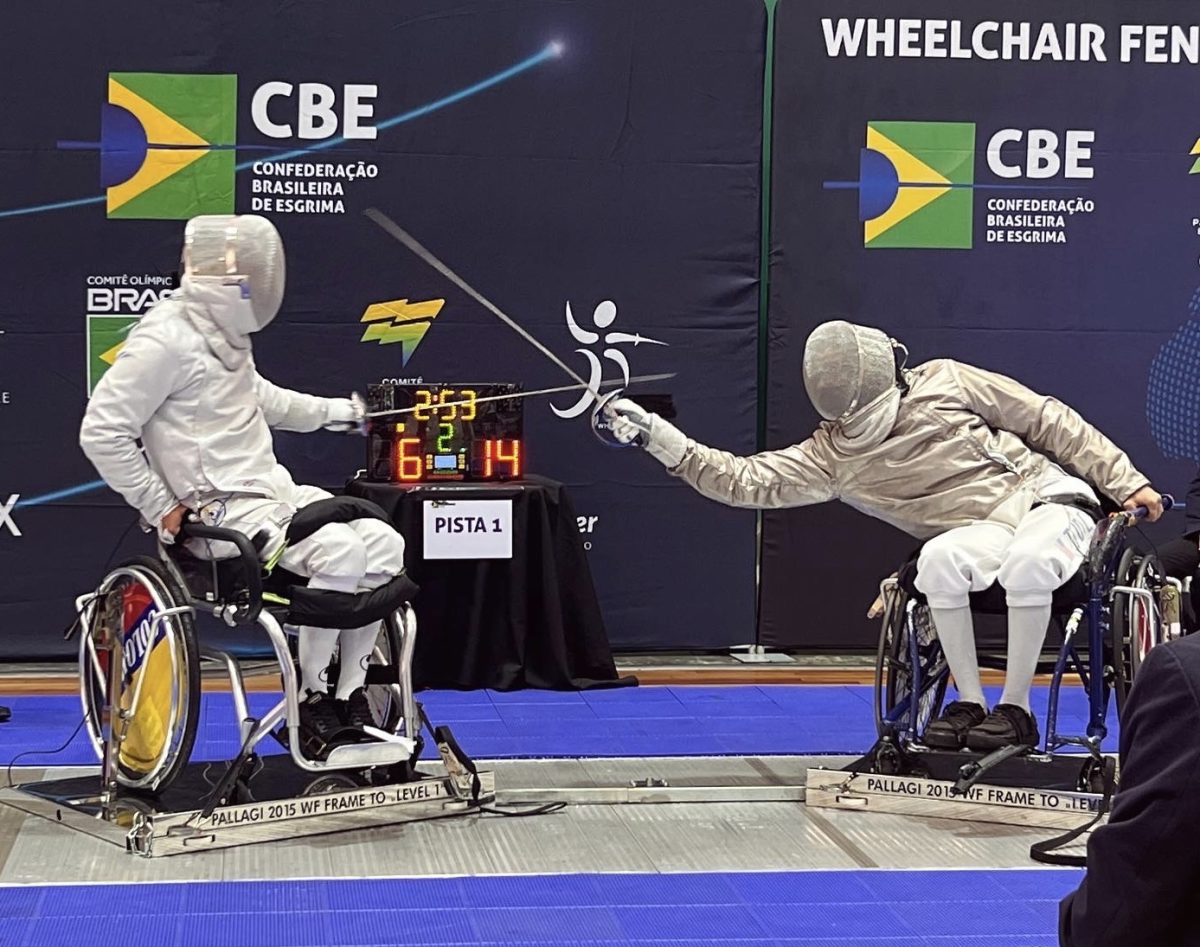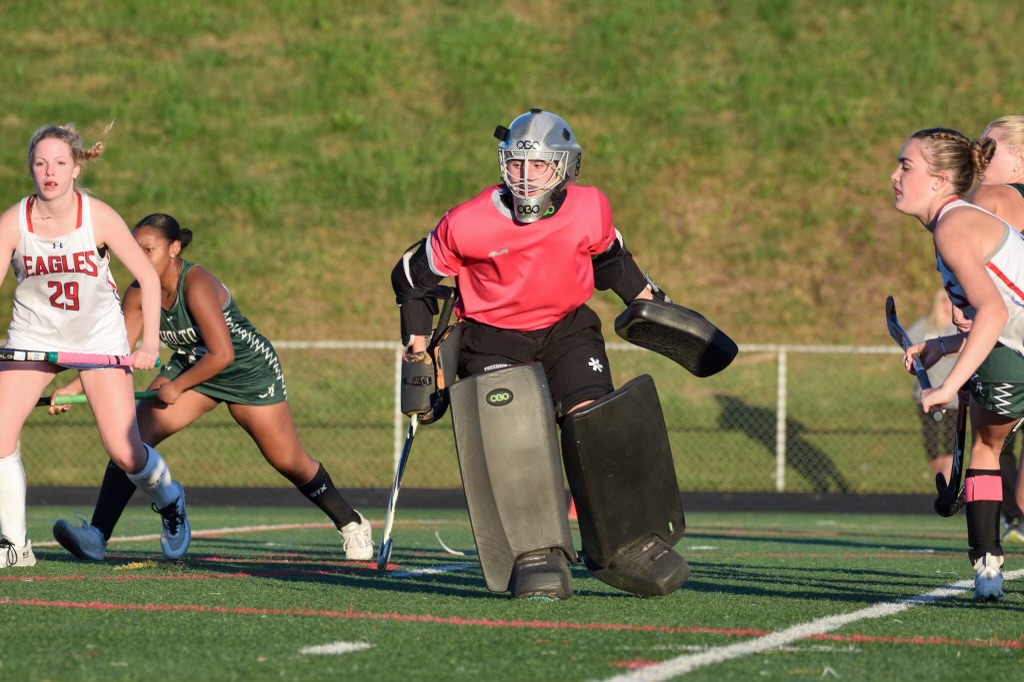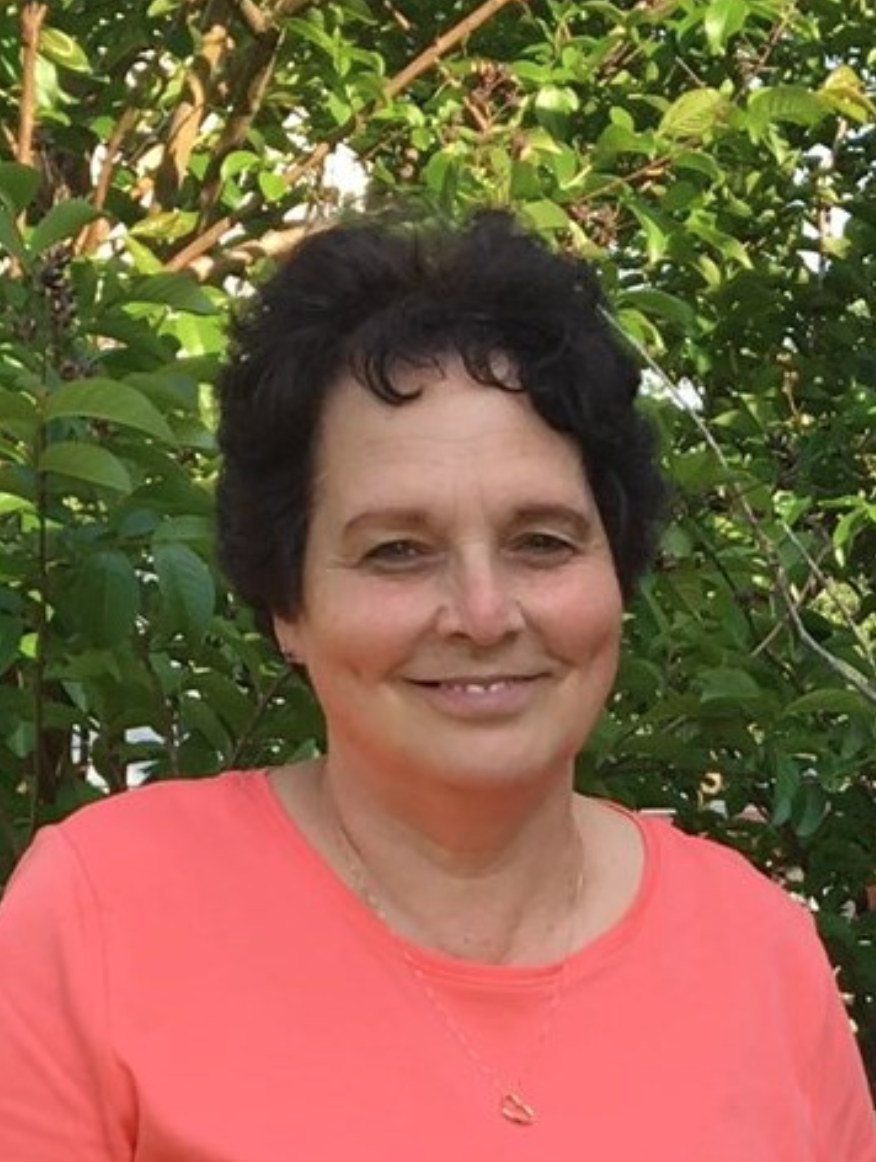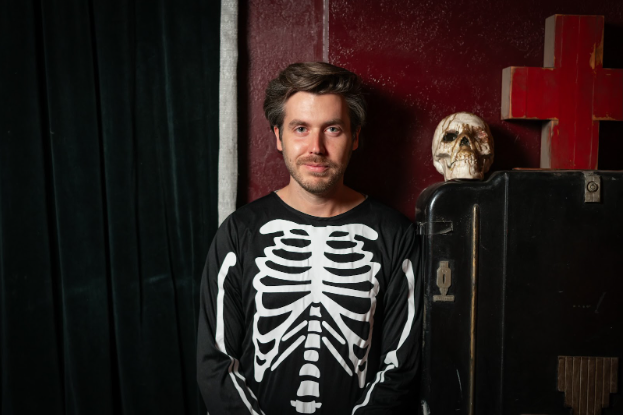With the nearly three-week worldwide festival we call the Olympics coming to a close, the world is left unsure what to do with themselves in their free time; not knowing that the best part about the ending of the Olympics is that the Paralympics is right around the corner. Just like the Olympics, only a very select group of elite para-athletes have the privilege to compete for their respective countries in their sports during the Paralympics. Former Centennial student and alum Noah Hanssen will have that opportunity in Paris from Aug. 28 to Sept. 8. Noah Hanssen has been chosen as one of only six para-fencers to represent the United States in this year’s Paralympics.
Ever since he was young, Noah Hanssen has been fascinated with swords and credits both Lord of the Rings and Star Wars for sparking his interest. He remembers his curiosity with fencing stating, “I wanted to try it. It was just kind of not really having the opportunity or accessibility to do it.” He instead settled for martial arts, specifically practicing Historical European Martial Arts (HEMA) in his early teen years. It wasn’t until a HEMA tournament during his sophomore year of high school where he met a para-fencing coach who was willing to work with him and train him consistently.
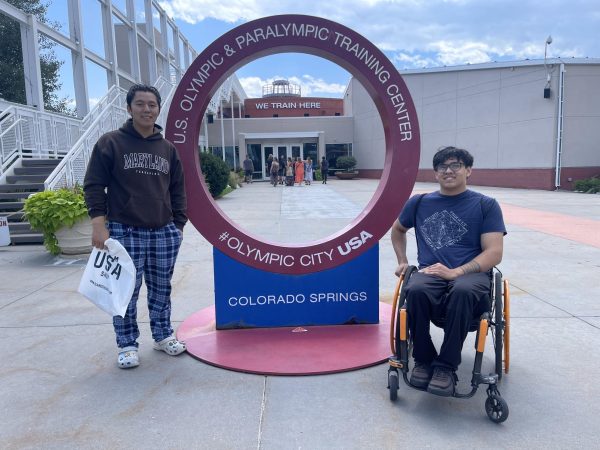
Para-fencing, also known as wheelchair fencing, is an adapted version of fencing where players compete in their wheelchairs secured to the ground. The sport includes three different types of swords; the foil, the epee, and the saber. In the upcoming paralympic games, Noah Hanssen will wield the saber, which is the lightest of the swords, has the sharpest point, and is good for quick movements.
He quickly fell in love with the sport and has been fencing ever since. Noah Hanssen’s father, Mark Hanssen, who is an art teacher at Centennial, recalls the beginnings of his son’s career stating, “It was a tough road to find it [fencing], and it took us a while to find a coach willing to work with him in the area.” He has very high regards for his experience with HEMA saying that he “found his tribe” and describes it as a “great community.”
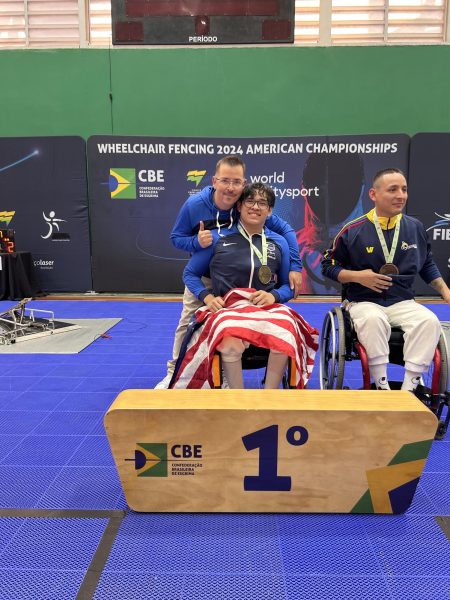
Both Hanssens attribute Centennial for giving Noah Hanssen the tools he needed to be a dedicated athlete.
“I think Centennial really pushes its students and in some ways,” said Noah Hanssen. “I think that that’s been really beneficial. I think I’m a much more critical thinker, when it comes to fencing. I think that there’s definitely a lot of tools that taking classes here helped with.”
It was not only the culture and environment that gave him the arsenal he needed, Noah Hanssen additionally commends Centennial’s Humanities program with helping him further explore his interest in history, and more specifically, historic fencing. He makes it clear he would not be where he is today without the constant support from his family and friends, especially those he made in his time as an Eagle.
“One of my primary friend groups is still friends that I made while I was here. A lot of them also came through the Humanities program with me.”
Mark Hanssen also references the “club culture” at Centennial as being an encouragement for students to find activities outside of their comfort zone. He shares that “Centennial provided a place that [Noah] found a group of students that were interested in similar things to him.”
Although he has faced numerous ups and downs in his journey with fencing, the sheer passion he has for the sport is what has kept Noah Hanssen going. Despite the raised stakes and heightened pressure as he took fencing more seriously, his love for the sport has never faltered.
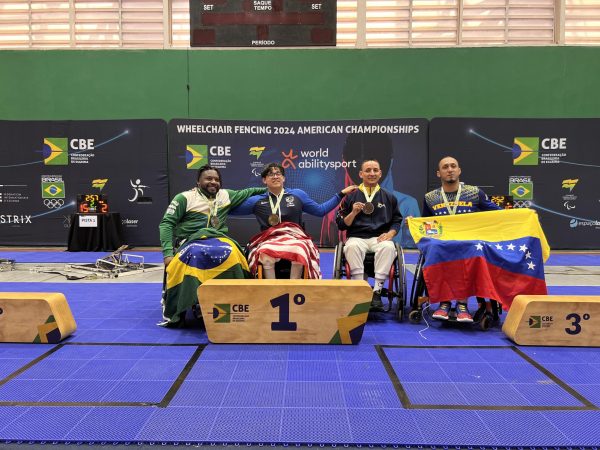
For Noah Hanssen, the love and hard work comes naturally.“I don’t really have to motivate myself to do fencing,” As he started taking fencing more seriously, he began competing in National tournaments against other top ranked para-fencers. It wasn’t until Noah Hanssen was competing in Pisa and beat a former Tokyo Paralympian that he realized he could “meet at that level” and possibly compete in the Paralympics. That was the turning point for him as he now felt like he truly belonged with the best of the best in para-fencing. To qualify for the Paralympics, he had to compete against roughly 30-60 fencers depending on the competition, in order to be in the top three of Category B fencers for the “American Zone.” His desire to constantly improve is what eventually made qualifying for the U.S National team go from a dream to a reality.
The opportunity to represent the United States is nothing short of an honor for Noah Hanssen and his entire family. However, the countless hours dedicated to training have not come without its hardships. From finding a trainer who is compatible, to the constant travel in order to achieve his training, Noah Hanssen has truly devoted himself to the sport. Part of the challenge in finding training was the lack of other para-fencers in close proximity. He explains that “the closest para fencer to me right now is in Poughkeepsie, New York,” which is inconvenient to say the least.
For U.S para-fencing as a whole, there is a group of six para-fencers heading to Paris. Out of those six, five are competing in their first ever Paralympics, with only one having competed in the 2020 games in Tokyo. Noah Hanssen is optimistic about the team but is also realistic in acknowledging the fact that they are an inexperienced group in comparison to other countries. He anticipates Paris stating, “I’m not exactly sure what it’s going to look like as we compete there, but I think a lot of the goal is to have everyone ready for LA.” He emphasizes the idea that Paris is more of a preparation for the next Paralympics in Los Angeles, considering the young and newer team of para-fencers. He describes the favorites for the medals being in the Asia and Europe Zones as they have a “really good infrastructure for para-fencing” which leads to a “rotating cast of medal contenders.” Despite some of the odds being against the U.S., Noah Hanssen and his team still have the chance to fight for a medal, something that hasn’t been achieved by a U.S para-fencer since Scott Rodgers in 2008.
Even with these disadvantages, Noah Hanssen has still remained persistent in achieving his main goal. While speaking about his son, Mark Hanssen was overcome with emotion, evidently proud of his son’s determination and discipline. Having served his country, he explains how much this accomplishment means to him. “I’m a veteran. My dad was a retired Navy Senior Chief, but to see [Noah] in uniform was a big deal for me.” It is clear that for the Hanssen family, this is more than just a sport.
Paralympic fencing will begin on Sept. 3 and will go until Sept.7 and can be watched on NBC or on the Peacock app. The Wingspan team and the entire Centennial community wishes Noah Hanssen the best!
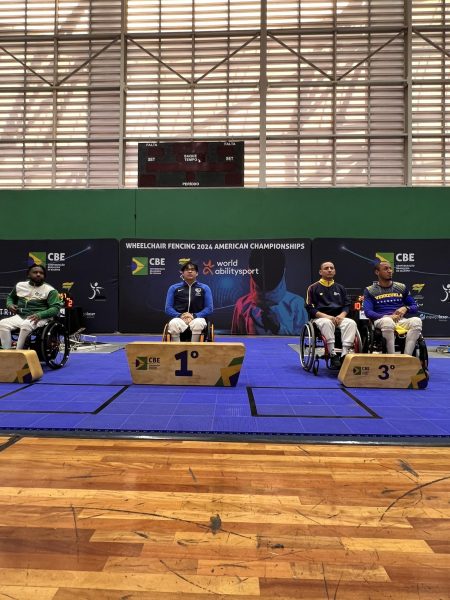
tk/ar
For more breaking news and photos, follow The Wingspan on Instagram and Twitter @CHSWingspan.
